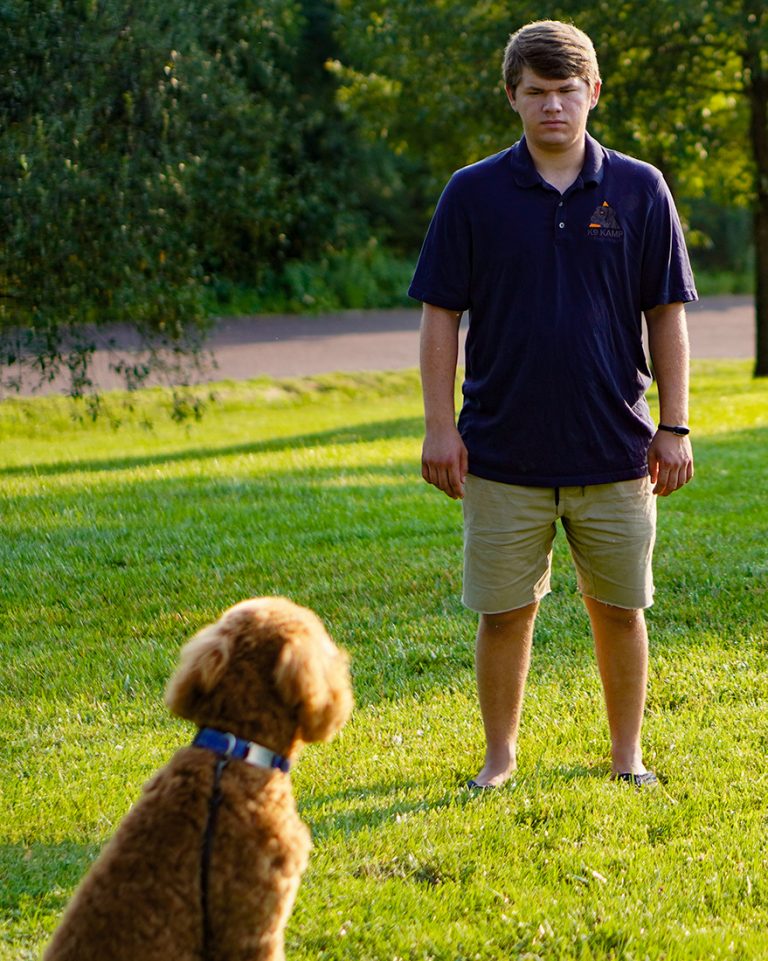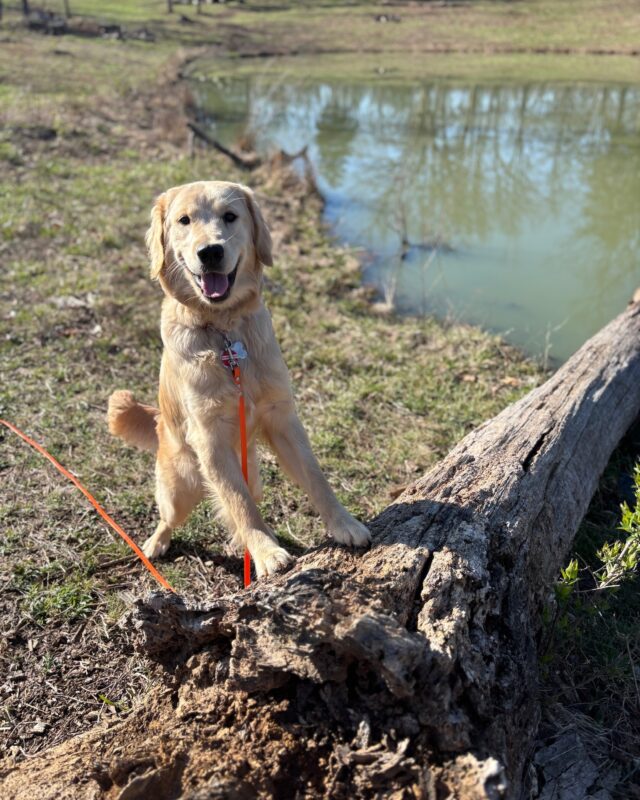Understanding the Impact of Early Neutering on Your Dog
At K9 Kamp, we often get questions about the right time to spay or neuter a dog. While we are not veterinarians, we’ve worked with dogs for decades and have observed a pattern worth sharing: early neutering, especially in male dogs, can have a significant impact on bone and muscle development.
Why Timing Matters
When a dog goes through puberty, testosterone plays a key role in developing muscle tone, particularly in the hips, shoulders, and head. Neutering a male dog too early removes that hormone, which can lead to altered bone growth and weaker joints.
Over the years, we’ve noticed that dogs, especially Labs, Golden Retrievers, and German Shepherds, who were neutered early, often showed movement issues. Hip and shoulder problems were incredibly common, and nine times out of ten, we found these dogs had been neutered as puppies.
Observations from Experience
We’ve seen firsthand how early neutering can affect gait, strength, and overall development. Dogs that are left intact during their growth phase tend to have more muscular builds and stronger bone structure, which supports better long-term movement and athletic ability. While this observation was once questioned, current research is beginning to support these findings, suggesting that early neutering can indeed affect growth plates and skeletal development.
Our Recommendation
We always encourage families to do thorough research, discuss options with their veterinarian, and weigh the benefits of waiting. At K9 Kamp, we recommend delaying neutering until 18 months to two years of age, when the dog has reached full physical maturity. This isn’t a replacement for veterinary advice, but a perspective based on decades of observation.
By taking the time to plan and understand your dog’s growth, you can help prevent potential hip, shoulder, and bone issues, giving your dog a stronger, healthier start in life.


